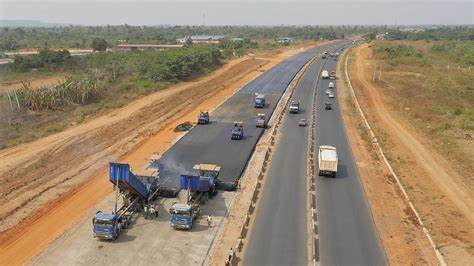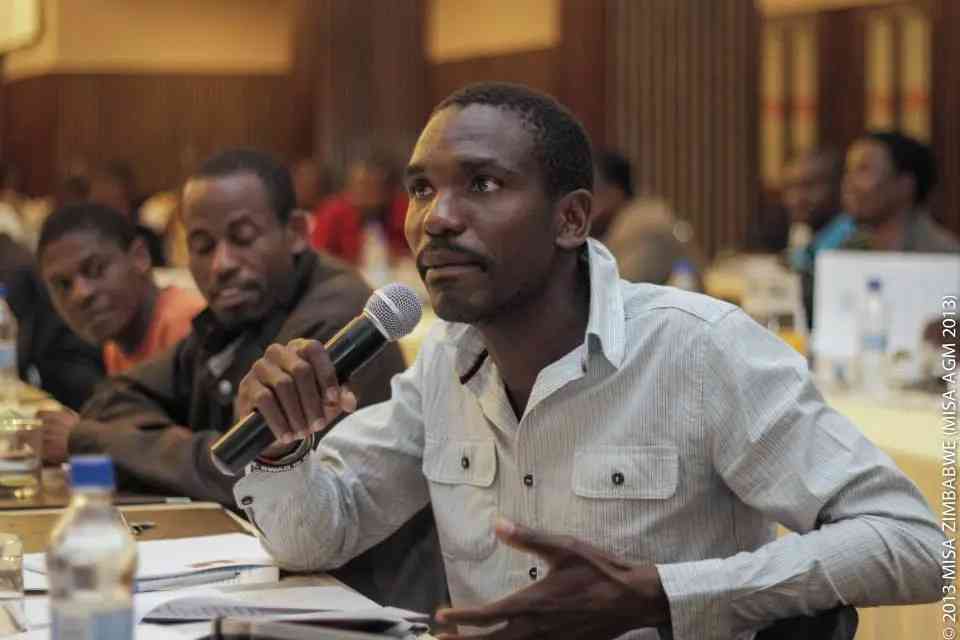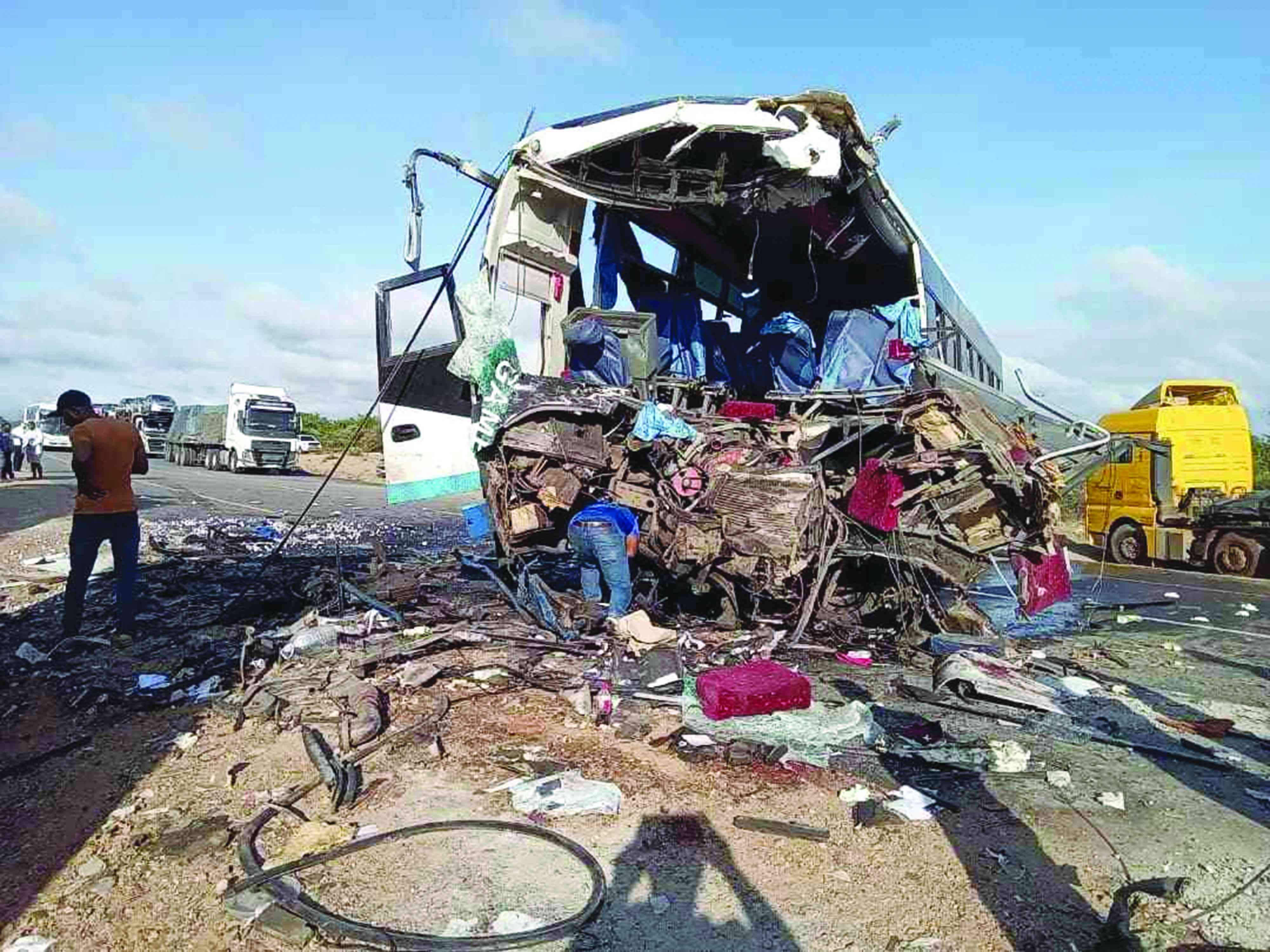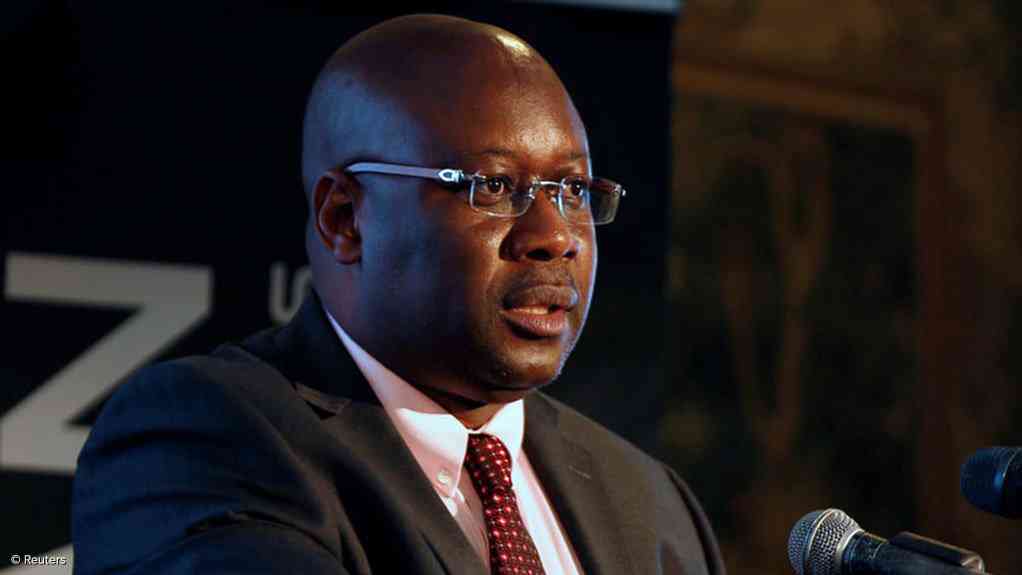
ZIMBABWE may be losing billions of United States dollars through overpricing in its ongoing massive infrastructure revamp due to lack of advanced software for costing projects, a local executive with extensive international experience said this week, urging authorities to deploy requisite computer-backed project pricing.
Caleb Dengu, managing director at Green Hybrid Power, told the Independent on the sidelines of the African Investment Forum Market Days in Morocco, that many of Zimbabwe's roads, priced at over US$1 million per kilometre, would be significantly cheaper if advanced technologies were used for cost estimation.
He said contractors may be settling for higher prices to ensure that they remained in profit at the end of big projects.
In the worst cases, millions of US dollars were being salted away through deliberate overpricing by contractors taking advantages of the situation, he indicated.
"The main problem is that we do not have software to properly price projects,” Dengu said.
“It results in overpricing of projects. For example, most of these tarred roads, like Beitbridge-Harare Road, and Harare-Chirundu are roads that should not cost more than US$1 million per kilometre.
“But we are finding that the cost of Harare-Chirundu was quoted at US$550 million to US$570 million, which is almost US$2 million per kilometre. If you had software properly, you would know the materials required and everything.
“There is no way it would have gone above US$1 million on an existing road, especially in some parts of the road. For example, the mountains (of the Harare–Chirundu Road) at Makuti were financed by the Japanese."
- Overpricing red flagged as contractors loot millions
Keep Reading
Citing examples, Dengu said the stretch of the road from Harare to Chinhoyi should not have cost over US$1 million if the country was using modern pricing software.
The Harare–Chinhoyi Road, which is part of the major project ending on the Zambezi at Chirundu, is about 124 kilometres long. In a way, Dengu’s views resonated with government’s concerns early last year when it briefly stopped payments to service providers, citing the inflation of prices.
Contractors were at the time blamed for stocking inflation and undermining the Zimbabwe dollar’s stability, which ended with continued economic problems.
The Ministry of Finance, Economic Development and Investment Promotion said at the time it would examine suppliers’ invoices on an individual basis and engage them with a view to agree on fair pricing.
It was not clear if the process has been completed.
But in the past few months, the fleets of many firms involved in the infrastructure rehabilitation programme have been grounded due to lack of funds. This is potentially the damaging result of overpricing in an economy relying on its own resources to rebuild swathes of deteriorating roads, bridges, dams and other assets.
"If you put in proper software, it will just give you the cost of a house,” the Green Hybrid Power boss told this newspaper.
“If you put the number of square metres, the type of soil and everything, it will simulate. It will just come up with the answer,” he added.
As a result of rampant corruption and mismanagement, Dengu highlighted that a number of people were benefiting from public resources meant for national development.
"Sometimes it is just incompetence, or lack of sufficient information,” Dengu added.
“So, when you do not know, you just charge too much and say 'I will err on the correct side, on the profit side.'
“And sometimes it is just outright corruption. Most contractors who are contracted by the government do not like transparency. We are simply saying be transparent. But people are running away from that,” Dengu added.
Addressing the conference, President Emmerson Mnangagwa’s former adviser Eddie Cross blamed authorities who issue lucrative contracts to under-resourced firms.
"The second issue is financial. In Zimbabwe, the state issues contracts for major EPC (engineering, procurement and construction) contracts … that they do not have the resources to fund properly.
“I would challenge the financial institutions that are here to see to it that major infrastructure projects, which are entered into on the African Investment Conference, are in fact funded properly from the beginning (and) those adequate funds are made available.” Several reports by the auditor-general have indicated that leakages have been costing the government significant amounts.










